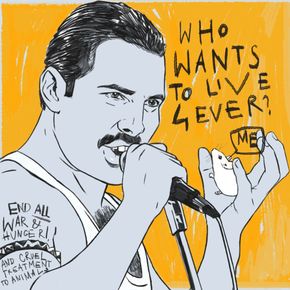Asian economies: Indonesia, Thailand, Hong Kong and Singapore
The Indonesian and Thai authorities intend to distribute cash and food worth USD 43 billion to their citizens, which loans will primarily finance. In Thailand, each adult citizen will receive almost USD 280, which should stimulate consumer spending. The total cost of the program will be USD 14 billion. In Indonesia, the country’s likely future president, Prabowo Subianto, wants to provide milk and free meals to over 80 million school-age children as part of the fight against extreme poverty and the stunted physical development of minors. By 2029, this program is expected to cost approximately USD 29 billion.
Hong Kong’s government has lifted taxes and fee restrictions on real estate transactions after house prices fell to their lowest level in seven years. Local authorities also intend to allocate additional funds to promote tourism, which has not yet fully recovered from the COVID-19 pandemic. Visitors to Hong Kong are mainly from mainland China.
Singapore, a global financial centre and one of the most open economies in the world, is taking steps to ensure its political independence. The authorities recognize the potential risks of being open to the world, which is why the Foreign Interference Prevention Act (FICA) was enacted in 2021. This legislation safeguards the country’s political landscape from foreign influence by preventing foreign companies and individuals from interfering. The Act’s provisions were recently utilized for the first time in a case involving a China-friendly, naturalized Singaporean businessman, Chan Man Ping Philip, demonstrating Singapore’s commitment to maintaining its political independence.




























